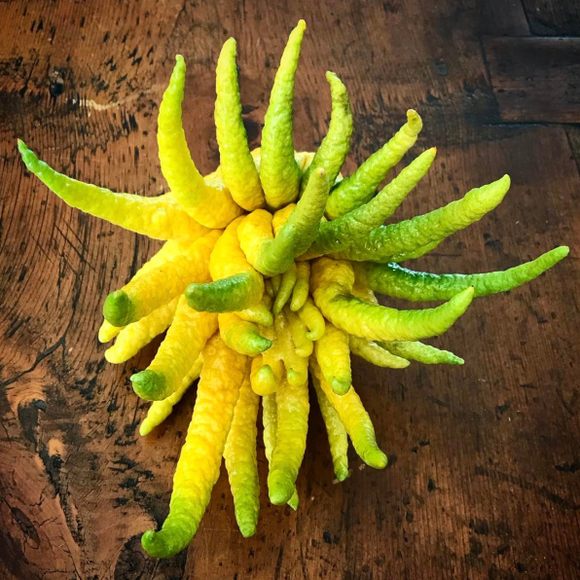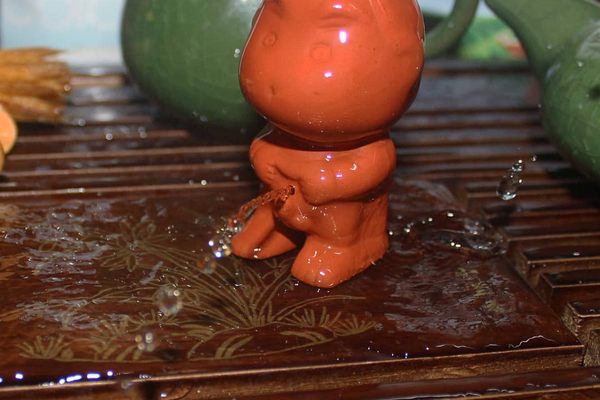Fruits & Vegetables
Buddha's Hand
Smells like lavender, tastes like lemon rind, looks like a gnarled claw fresh from your nightmares.
This is one fruit that really could have a finger in every pot.
Buddhist monks are thought to have brought the fingered citron, also known as Buddha’s hand, from India to China, where it’s now grown in over half a dozen varieties. Farmers sell it as a symbolic decoration, as traditional medicine, and as a flavor-enhancer.
In Asia, Buddha’s hand holds symbolic value. Chinese families use the citrus to represent long life and happiness by displaying it in their homes and on temple altars. Japanese people also attribute positive energy to the long-fingered fruit, giving it as a New Year’s gift and believing it invites luck into a household.
As of the late 20th century, Buddha’s hand has achieved some commercial success in other parts of the world. Homemakers use the fruit—which smells like a blend of tangerine, lavender, and lemon—in potpourri and to enhance a wide array of dishes and condiments. Chefs turn to the fragrant, oily rind to create scented sugars and salts, while bartenders use it to infuse light spirits. Bakers even candy the peel to brighten up everything from ice cream to shortbread.
No pulp, no juice, no seeds? No problem. Where lack of flavor is concerned, the fingered citron is here to lend a perfumed helping hand.
Written By
 rachelrummel
rachelrummel
















